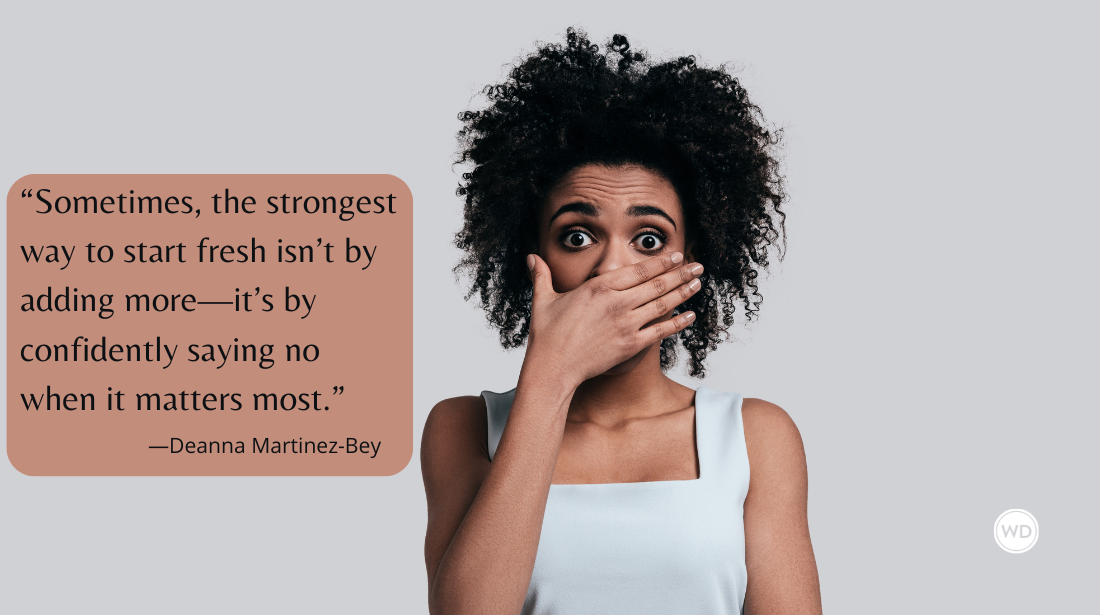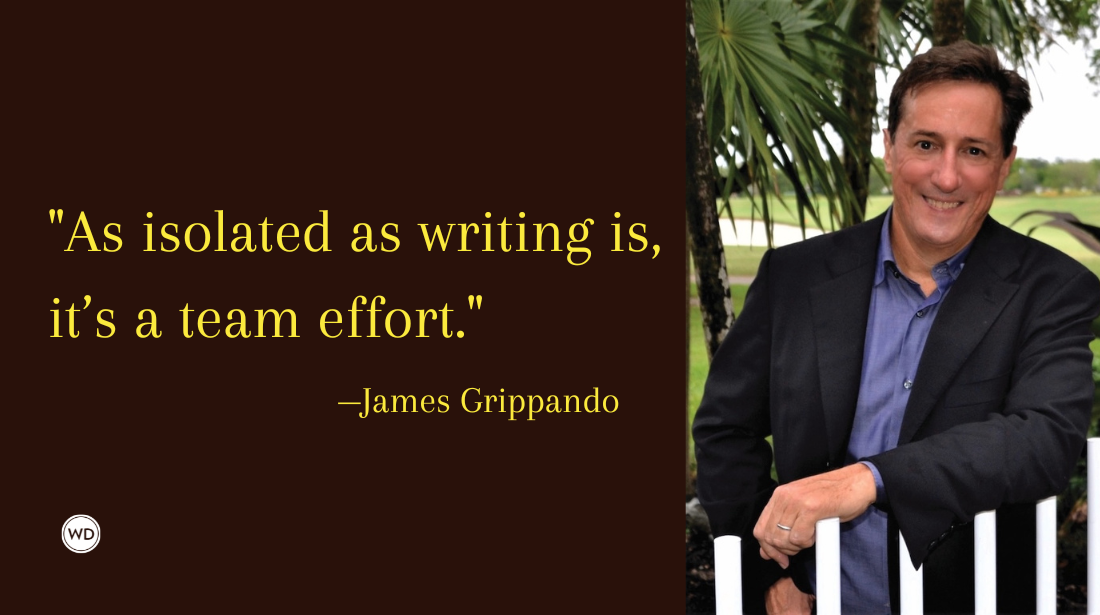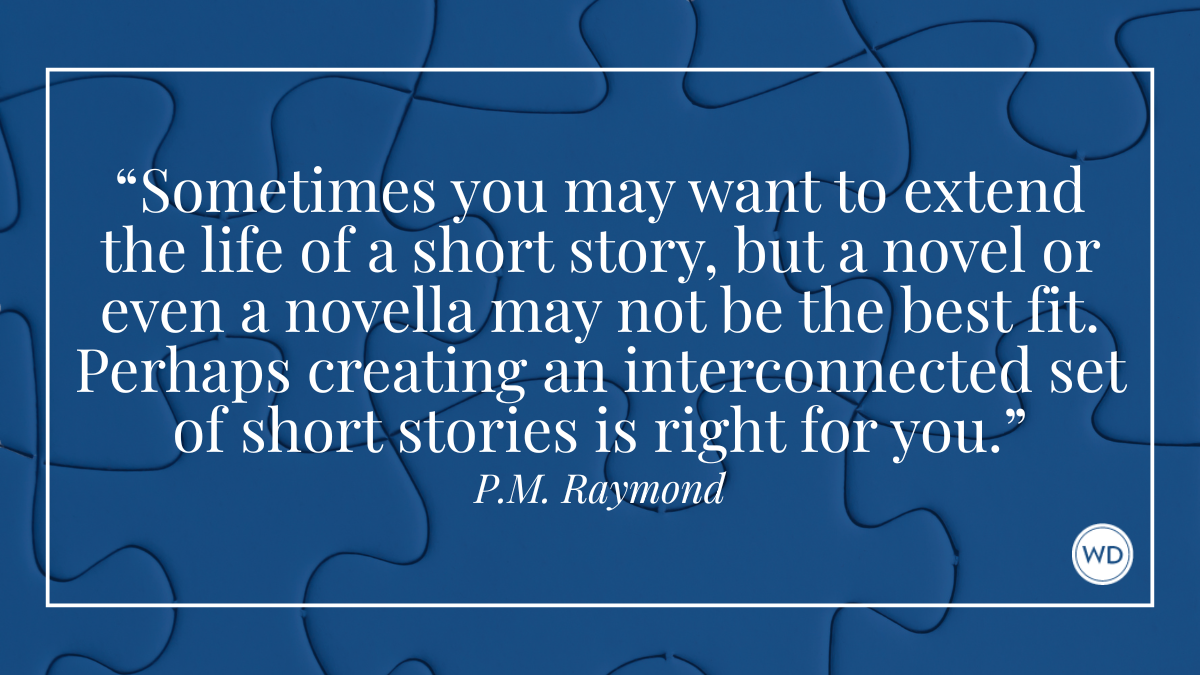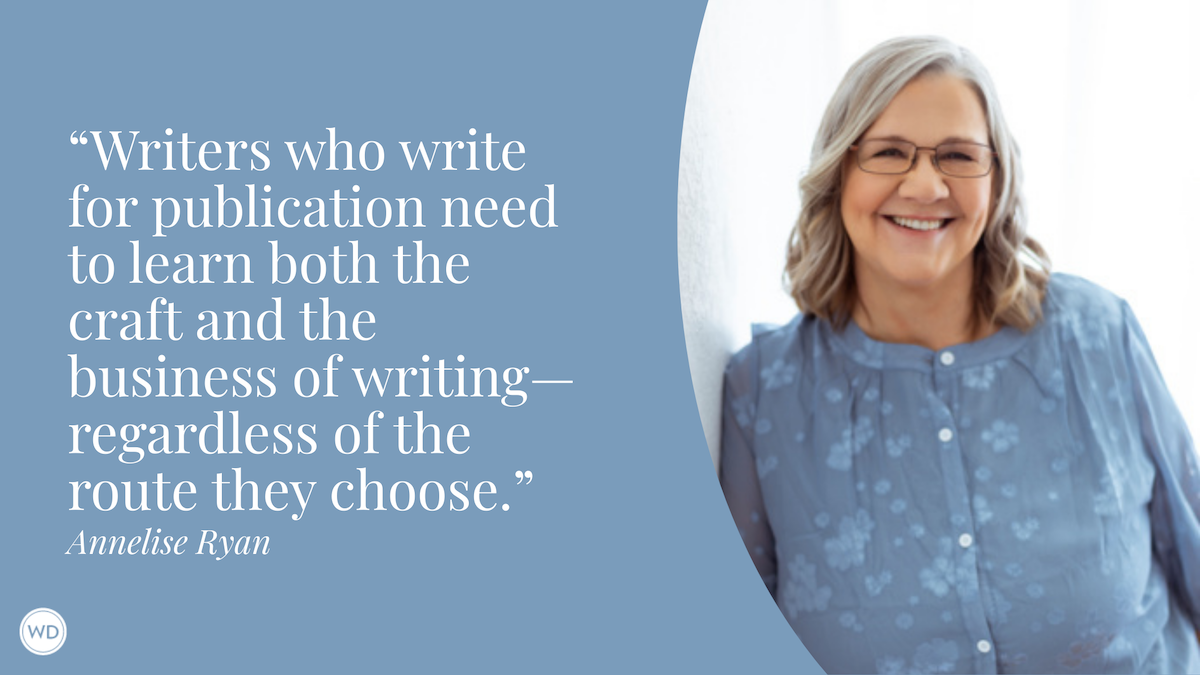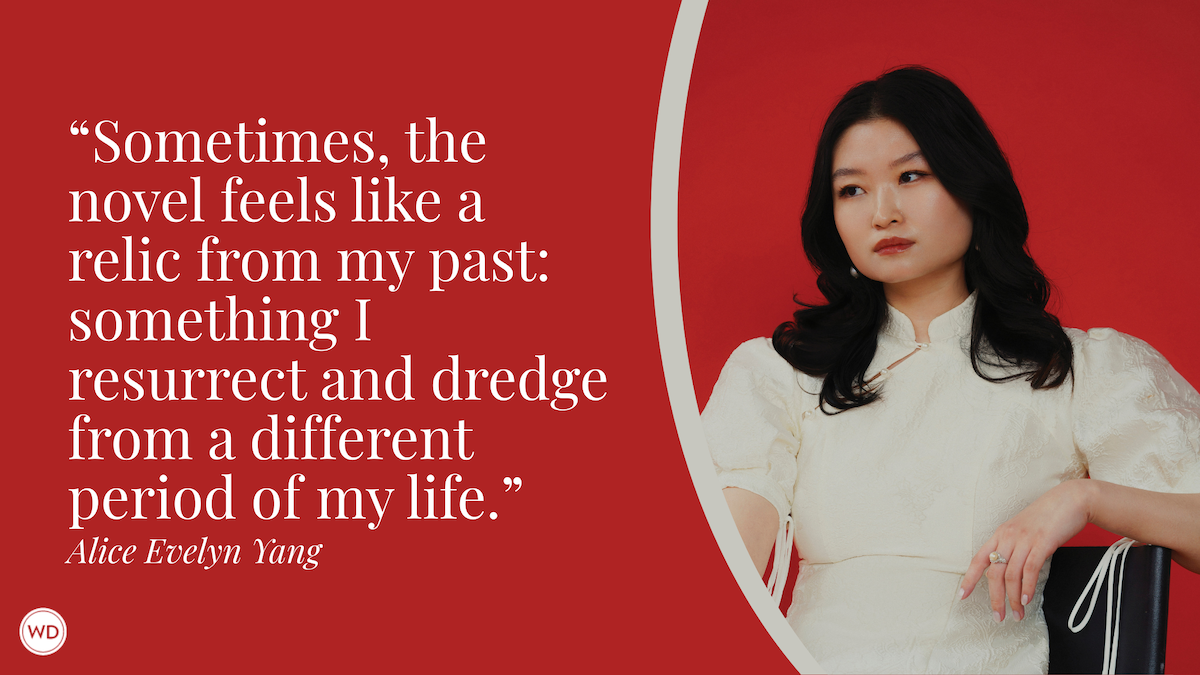5 Tips for Writing to Change the World
Even though Renewable was my third book, it took several rewrites to find the right tone. Here’s what I learned along the way about writing to change the world.
While I was writing my memoir Renewable: One Woman’s Search for Simplicity, Faithfulness, and Hope, I realized that I had a secret agenda. I wanted to use my journey to environmental activism to inspire others to take action on climate change. However, I also wanted the book to be accessible to a broad audience, knowing that many people would relate to my midlife struggle to redefine my life. If my political agenda was stronger than my story or my style, I might alienate readers, or worse yet, not have any. Even though Renewable was my third book, it took several rewrites to find the right tone. Here’s what I learned along the way about writing to change the world:
A graduate of both Duke and Yale, Eileen Flanagan writes for a wide range of national publications and speaks at conferences, colleges, and religious gatherings. She is the author of the forthcoming memoir Renewable: One Woman's Search for Simplicity, Faithfulness, and Hope. Her previous book, The Wisdom to Know the Difference: When to Make a Change—and When to Let Go, was endorsed by the Dalai Lama and won the Silver Nautilus Book Award. A leader of Earth QuakerAction Team, she lives in Philadelphia with her husband and two children. Learn more about her work at eileenflanagan.com.
1. Don’t Be Preachy
Assume that your reader is an intelligent person who wants to learn what you know. If you find yourself scolding or pointing out how you understand an issue better than everyone else, let that rant rip in your rough draft and then move it to the trash bin as soon as possible. If you are not sure if a paragraph sounds sanctimonious, it probably does. Ask a friend who disagrees with you to read it to be sure.
2. Don’t Be Afraid to Tell the Truth
Although you don’t want to sound preachy or superior, that doesn’t mean you should water down what you believe because you are afraid it won’t sell or might offend your mother-in-law. Instead of avoiding a difficult truth, think carefully about timing and balance. For example, the most shocking predications about climate change come late in my story, when the reader has already had a chance to understand why I am concerned about it.
3. Take the Reader on a Journey
Many memoirs and novels about injustice begin when the narrator is naïve. As details of the situation are gradually revealed, the narrator becomes increasingly concerned, bringing the reader along, too. That is part of the reason I begin my story when I’m a Peace Corps volunteer in my twenties, before I had ever heard of climate change. Over the years, I went from thinking, “Well, it can’t be that bad” to being willing to handcuff my wrist to the White House fence over the issue, but that transformation happens gradually.
Your new complete and updated instructional guide to finding an agent is finally here: GET A LITERARY AGENT.
GET A LITERARY AGENT shares advice from more than 110 literary agents who share advice on querying, craft, the submission process, researching agents, andmuch more. Filled with all the advice you’ll ever need tofind an agent, this resource makes a great partner book tothe agent database, Guide to Literary Agents.
4. Use Self Deprecation
Ann Lamott is the master of making us think about our own behavior by making fun of herself. Following her example, I described my own failed attempts to limit my consumption, like the time I fasted to prepare for my first act of civil disobedience and then decided to stuff a chocolate chip cliff bar in my mouth just as the police were coming from us. Turns out I’m chewing in every photo of actress Daryl Hannah’s arrest, including my New York Times debut. Including some funny scenes keeps your reader engaged through the serious stuff.
5. Don’t Leave Your Readers Feeling Hopeless
Writing about problems doesn’t solve them unless you give readers a sense of what they can do. [Like this quote? Click here to Tweet and share it!] One of the things that is most striking about my book reception so far is that at least some people who don’t necessarily share my political views feel encouraged by the story of a woman giving up guilt and despair and moving to hope. It’s convinced me that people really are hungry for hope. Providing it is one of the ways authors can change the world.
Thanks for visiting The Writer's Dig blog. For more great writing advice, click here.
Brian A. Klems is the editor of this blog, online editor of Writer's Digest and author of the popular gift bookOh Boy, You're Having a Girl: A Dad's Survival Guide to Raising Daughters.
Follow Brian on Twitter: @BrianKlems
Sign up for Brian's free Writer's Digest eNewsletter: WD Newsletter




